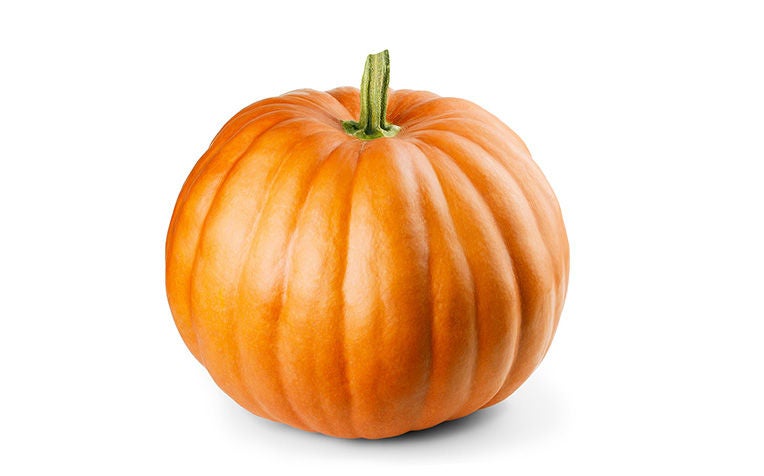
Pumpkin contains a variety of nutrients including fibre, carbohydrate, vitamins and minerals.
More than a classic Halloween decoration (jack-o-lantern), pumpkin is also a nutrient-rich vegetable that can be enjoyed all year round. Pumpkin contains a range of nutrients including fibre, carbohydrate, vitamins and minerals. Having an adequate amount of these nutrients can provide many health benefits.
Dietitian Jodie Yeo from Bright Vision Hospital, under SingHealth Community Hospitals (SCH), a member of the SingHealth group, shares more about its health benefits. Because #healthiswealth #healthforgood
Restaurant recipe: Grilled Portobello and Scallop on Pumpkin Puree by Rakuya
Health Benefits of Pumpkins
1. Source of vitamin A
Pumpkin is a rich source of carotenoids (beta-carotene, alpha-carotene and beta-cryptoxanthin), which contribute to their orange colour and are converted to vitamin A in our body.
According to Health Promotion Board, the recommended daily allowance for vitamin A (retinol equivalent) is 750 micrograms per day for adults age 18 years and above.
Vitamin A is essential in protecting the cornea, maintaining the function of the retina and preventing night blindness. The large boost of vitamin A you get from pumpkin isn’t just good for your eyes; it also helps to improve your immunity against infections and viruses.
The cooking and chewing of well-cooked pumpkin helps to release carotenoids. Since carotenoids are fat-soluble, cooking pumpkin with healthy oils or adding healthier fat will help in its absorption. #goodforhealth
Related article: Vitamin A - Best Food Sources and Why Your Body Needs It
2. Full of antioxidants
Carotenoids (including alpha and beta-carotene, beta-cryptoxanthin, lutein, zeaxanthin, lycopene) found in pumpkin act as antioxidants. Pumpkin is also a good source of vitamin C, which is another antioxidant that can protect your body against oxidative stress and prevents age-related macular degeneration, cataracts, certain cancers and heart disease.
3. High in carbohydrates and fibre
Pumpkin is a starchy vegetable, providing carbohydrate and the energy needed to fuel our body. As pumpkin is also rich in fibre, it keeps you feeling full for longer and reduces your urge to snack between meals. The high fibre content further promotes more regular bowel movements.
Even though pumpkins may be filling, they are low in calories – a cup of pumpkin contains only about 50 calories or the equivalent of one slice of white bread.
4. Contains other vitamins and minerals
Pumpkin also contains other vitamins and minerals such as potassium and small amounts of iron, folate and magnesium. These nutrients are needed to maintain good health.
Remember to also include whole grains, lean proteins and other colourful fruits and vegetables as part of a healthy balanced diet.
Nutritional analysis of pumpkin
A cup of cooked pumpkin (approximately 245g) contains:
| Energy | 49 kilocalories |
| Carbohydrate | 12.7 grams |
| Dietary Fibre | 2.7 grams |
| Vitamin A REA (retinol activity equivalents) | 706 micrograms |
| Vitamin C | 11.5 milligrams |
Ref: L20
Other food and nutrition articles you may be interested in:
Healthy Eating: Separating Myth From Fact
Contributed by
















